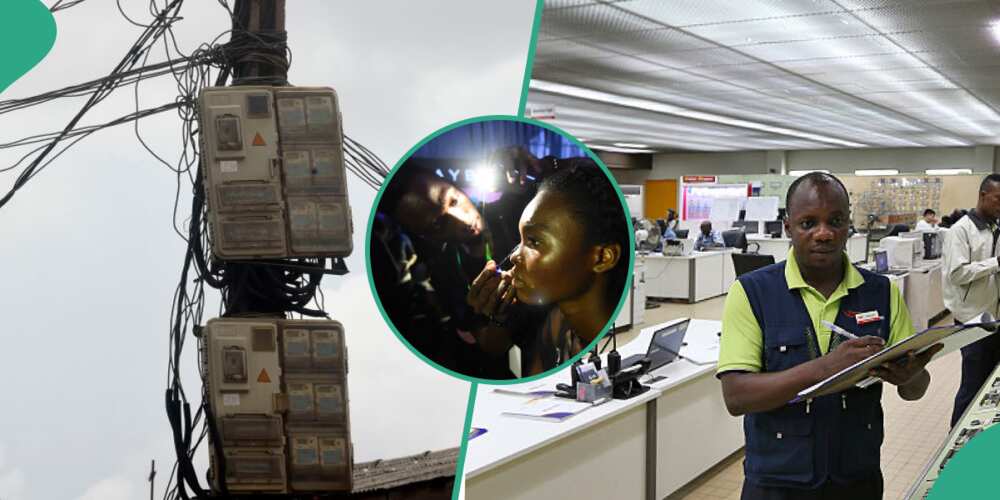NERC Says New Electricity Subsidy Designed to Favour The Rich, Reveals DisCos With Highest Tariffs
- The Nigerian Electricity Regulatory Commission (NERC) says electricity subsidy in Nigeria is pro-rich
- NERC said its latest report that wealthy Nigerians enjoy electricity more than other Nigerians
- The report also cited DisCos with the highest tariffs in the country, saying Nigeria has the lowest electricity cost in West Africa
A report by the Nigerian Electricity Regulatory Commission (NERC) says that wealthy Nigerians make up the highest consumers of electricity subsidies in Nigeria.
NERC revealed this in its 2022 Market Competition Report released on Wednesday, October 4, 2023, saying that the end-user tariff subsidy in Nigeria is more favourable to the rich as the top income earners in Nigeria consume more electricity than others.

Source: Getty Images
Nigeria has the lowest electricity tariffs in West Africa
The Commission said that the average price spent on electricity is about N64.4 per kilowatt per hour using the former exchange rate in Nigeria and was lower than the average tariff in West Africa.

Read also
Company invites Nigerians to invest in first naira infrastructure fund on stock exchange at N8 each
PAY ATTENTION: Сheck out news that is picked exactly for YOU ➡️ find the “Recommended for you” block on the home page and enjoy!
According to the report, households’ connection reveals that 79% of Nigeria’s wealthiest and 68% of high-income earners are connected compared to the poorest and low-income groups, with 21% and 41% connection rates, respectively.
Daily Trust reports that the end-user tariff in the country is lower than the end-use tariff in 11 of the 16 ECOWAS countries due to the tariff subsidy provided by the Nigerian government and relatively cheaper gas prices in the country.
DisCos with the highest tariffs in Nigeria
NERC explained that the electricity industry operates non-uniform tariffs with end-use tariffs from distribution companies to the other due to the different structures of the DisCos and associated operational efficiency.
The Commission said in 2019, Enugu DisCos had the highest weighted average end-user tariffs.

Read also
Nigeria ranks high as World Bank lists African countries with highest number of self-employed
In contrast, customers of Abuja DisCo had the highest weighted average tariff for electricity, which reflected changes in the company’s costs.
Per the report, the installed capacity in the Nigerian Electricity Supply Industry (NESI) increased by 7.95% from 12,132MW as of December 2015 to 13,097MW as of December 2022.
NERC said:
New distribution companies come on stream
In the same report, NERC revealed that it had licensed about 17 new distribution firms, with 10 already operational.
The Commission said all 11 new DisCos had been privatized, with the ownership and management transferred to private investors.
BusinessDay reports that the Commission stated that the report reviews the level of competition in the NESI and assesses the improvement for a transition to a more competitive market.
It also provides recommendations for transition to a more competitive market regarding Section 26 of ESPRA.
“No More N59k”: NERC announces increase in prices of pre-paid meters

Read also
“Fuel expensive”: Tinubu’s government moves to convert 10 million petrol vehicles to run on gas
Legit.ng reported that the cost of pre-paid metres in Nigeria has increased following the Nigerian Power Regulatory Commission (NERC) approval. This is coming after speculations of a 40% tariff hike by electricity distribution companies (DisCos).
The DisCos had claimed they made over 40% losses due to escalating petrol prices, fluctuating exchange rates, and other economic conditions.
Recall that 11 Nigerian electricity distribution companies have applied for the review of their electricity tariffs.
Source: Legit.ng
